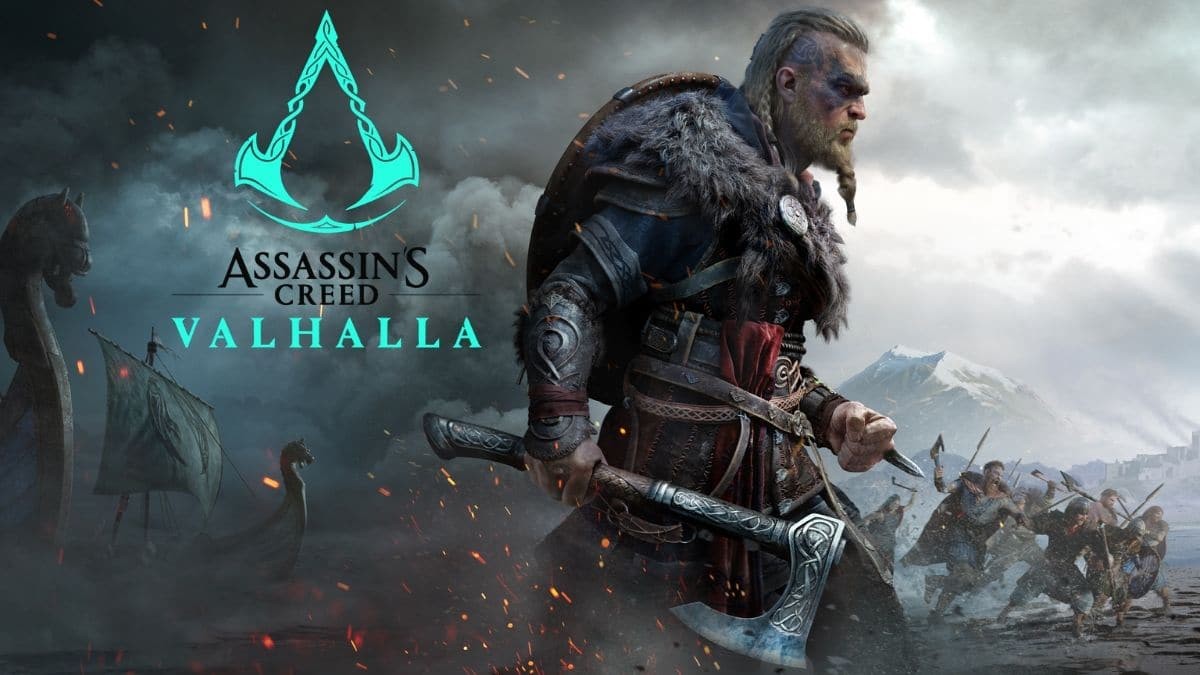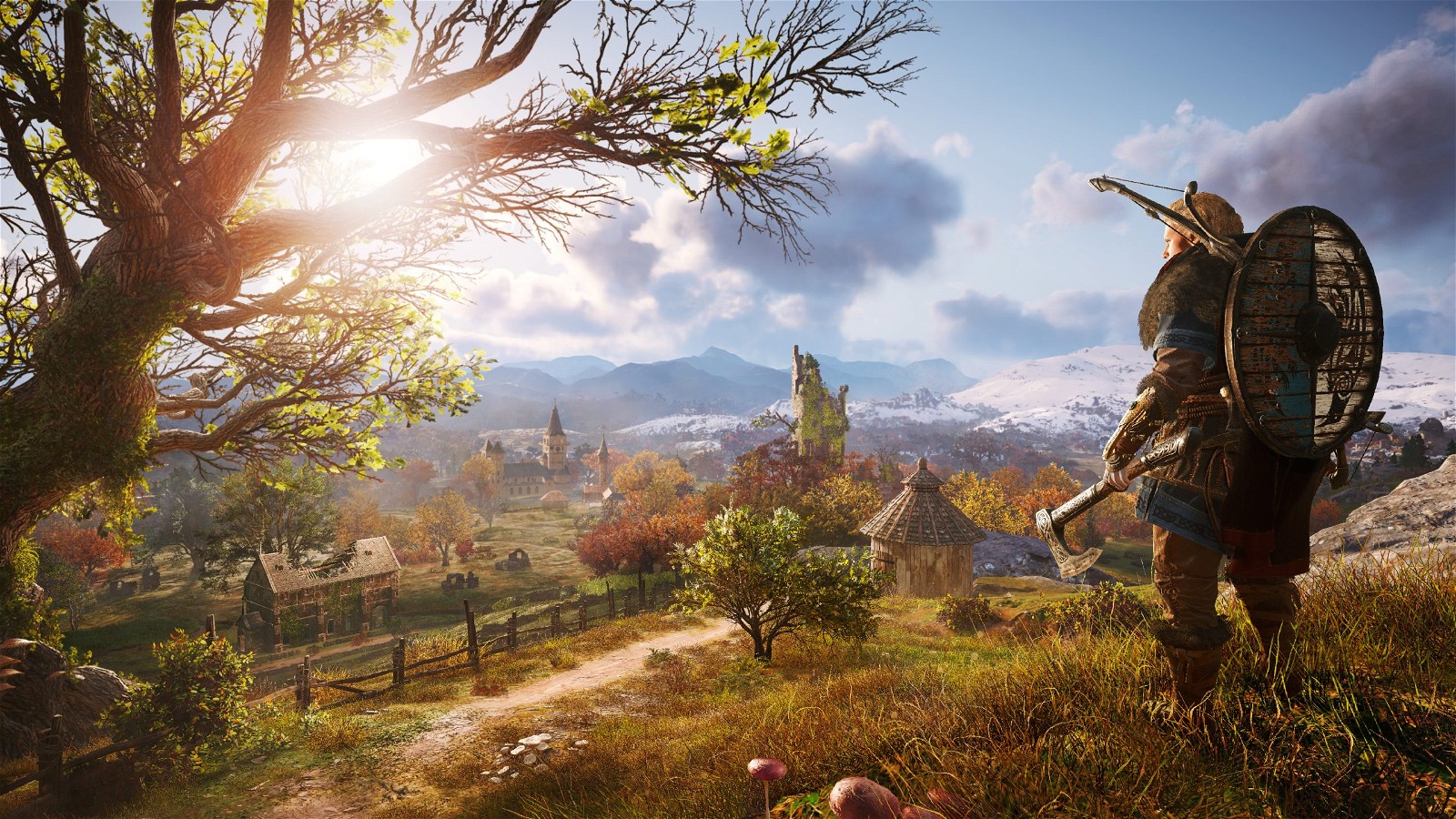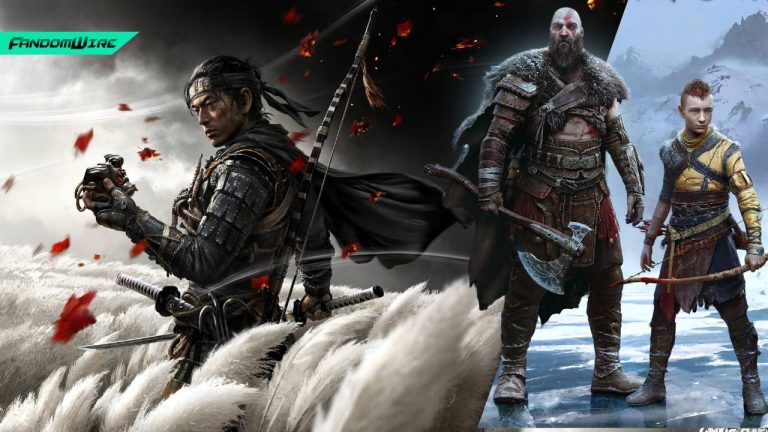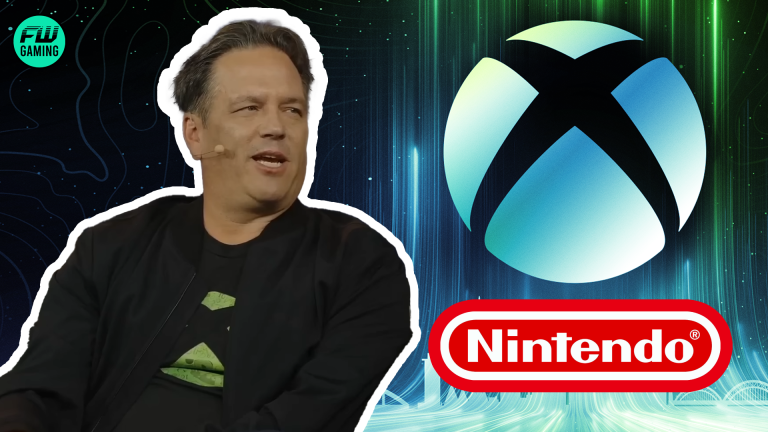French developer Ubisoft is known for making absolutely massive games brimming with things to do, and some of their most famous franchises include Assassin’s Creed, Far Cry, Watch Dogs, and Tom Clancy’s, amongst others. The latest game in the Assassin’s Creed franchise was Assassin’s Creed Valhalla, which was released in November 2020.

2020 was also the year that the COVID-19 pandemic brought the world to a standstill, and that impacted just about every industry in the world, and gaming was no different. The video games being developed still needed to be made despite people working from home remotely, and the situation wasn’t without its challenges. Julien Laferrière, the game’s producer, detailed in an interview with Ubisoft’s own website how the pandemic impacted the development of a game the size of Assassin’s Creed Valhalla.
How did the pandemic impact Ubisoft’s development of Assassin’s Creed Valhalla?
The studio was shut down, and development of Assassin’s Creed: Valhalla shifted to remote development which was a difficult challenge. In the interview with Ubisoft’s website, Julien Laferrière said:
“My first reaction was, we were operating with 17 studios; now we have like a thousand studios. It was like every little home was now a studio, and we tried to apply the best practices we had for co-dev in terms of communication and that sort of stuff, to kind of try to scale it up to a team in this context. Obviously, it took time just to adjust. We needed to have strong technological tools to make sure that we could work remotely. We had to modify our review processes, because when the pandemic hit, we were just starting to close the game. We were just after Alpha [the phase of development when a game is playable, with fully implemented features but incomplete assets, and still subject to change].”

Being forced to work remotely due to circumstances outside one’s control is never easy, especially since a lot of the people working at Ubisoft needed powerful computers which Laferrière said were shipped to them quickly. Luckily, the game was at a stage where everyone knew their remaining tasks and were able to carry them out successfully.
Did the work culture change at Ubisoft during the pandemic?
Work culture was impacted by the pandemic as well, and Laferrière spoke on how both the formal and informal aspects of the work environment changed, and how they coped with it. He said:
“We needed to make sure that we were able to keep the communication channels open, so there were a lot of meetings in Microsoft Teams just to make sure we were synced. The “formal” pretty much stayed the same; we had team meetings and so on, but we had to make sure we were tackling the “informal” as well. What replaces the water-cooler discussions? What replaces that check-in you do in the morning, when you see the faces of the people around you? Are they happy? Are they stressed? That sort of stuff. So we added multiple check-ins like that; the steering managers of the project would meet systematically every morning at 9:30, with cameras open.”

Laferrière also expressed pride in the team at Ubisoft working on Assassin’s Creed Valhalla despite all these difficulties, saying:
“We shipped Assassin’s Creed Valhalla on November 10, and I don’t think it would have been possible without the dedication of everyone to really want to make this happen, to make this work.”
He then went on to talk about other aspects of the development process, such as how team meetings worked remotely and how playtesters and developers were able to play builds of the game.
Source: Ubisoft









